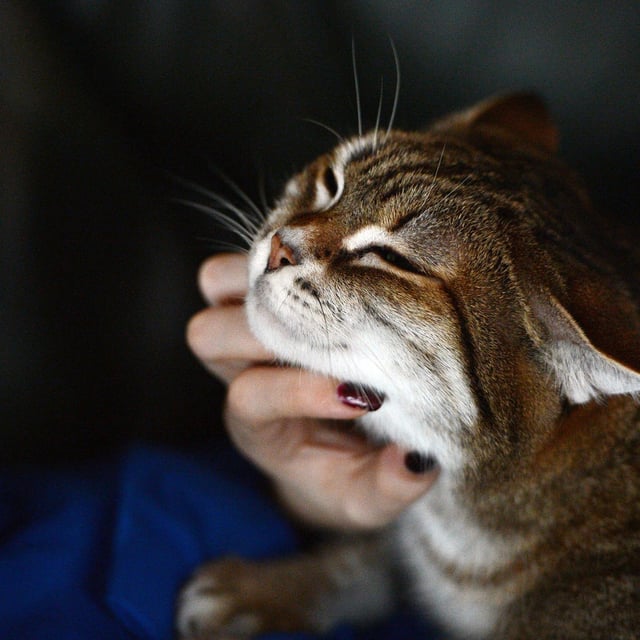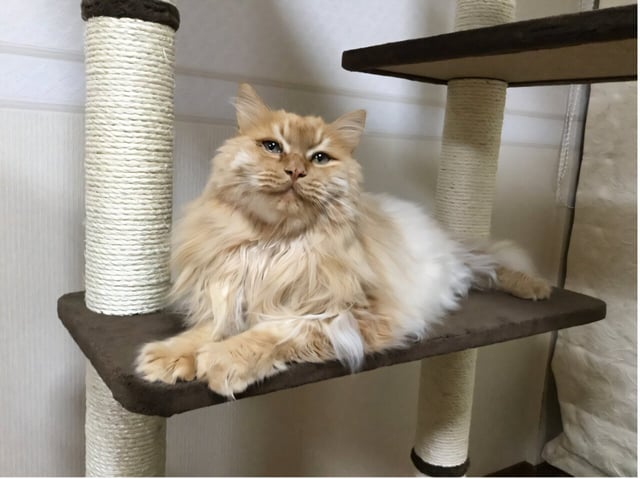Overview
- Researchers at Kyoto University’s Wildlife Research Center analyzed DNA from 280 mixed-breed pet cats alongside owner-assessed behaviors to examine androgen receptor gene variants.
- Cats carrying the short-type allele scored higher for purring and, in males, vocalized more toward humans, while short-type females exhibited increased stranger-directed aggression.
- Comparison with 11 wild Felidae species showed that wild cats possess only the short-type variant, whereas domestic cats also carry long-type alleles likely arising through domestication and selective breeding.
- These genetic-behavior links offer a basis for veterinarians and owners to predict tendencies and tailor care strategies according to a cat’s androgen receptor profile.
- The research team plans to extend their analysis to other wild feline species to further unravel evolutionary influences on social and communicative behaviors.


